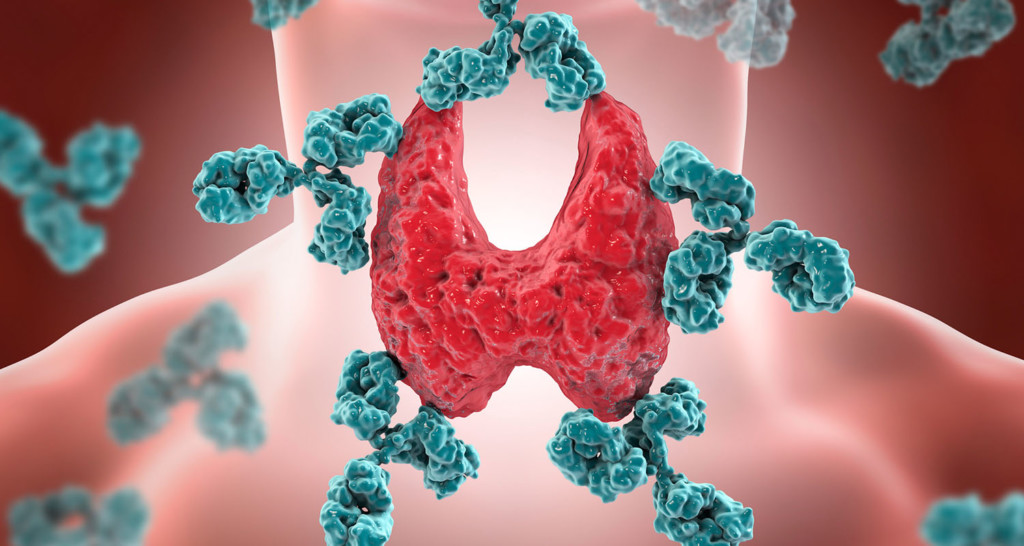
[tldr]
- Hair loss is more common than you might think. It affects about half of men under 50, and around 20 percent of women under 50.
- The three most common reasons you lose your hair are stress, hormone imbalances (particularly testosterone and thyroid hormones), and chronic inflammation.
- Minodoxil and Finasteride are the two FDA-approved drugs to treat hair loss, but they both come with significant side effects, and you’re better off avoiding them.
- Fortunately, you can regrow your hair without drugs. Read below to find out how.
[/tldr]
If you’re losing your hair, you’re not alone. Hair loss is more common than you might think: Eighteen percent of men under 29 have moderate to advanced hair loss, and that number jumps to 53 percent for men in their 40s.[ref url=”https://www.ncbi.nlm.nih.gov/pubmed/9865198″] Between 15 and 20 percent of women under 50 experience hair loss.[ref url=”https://www.ncbi.nlm.nih.gov/pmc/articles/PMC4560543/”]
On a recent Bulletproof Radio [iTunes] podcast episode, hair loss expert Sophia Kogan, MD, explains why hair loss is so pervasive:
“The top three variables are stress, inflammation, and hormones,” Kogan says. All are more prevalent than ever in modern Western society.
The good news is, there are tools to manage hair loss, and even to regrow hair. Here’s why hair loss happens, and what you can do about it.
RELATED: 3 Things Every Women Should Know About Hair Loss
Stress, cortisol, and hair loss

According to Kogan, “stress is a huge, huge, huge component of [hair loss].”
Stress nowadays is different from the stress your ancestors faced. Thanks to technology like smartphones, internet, email, and social media, your nervous system is in a more-or-less constant state of stimulation.
“We’re no longer able to disconnect from anyone, even ourselves,” Kogan says. “We never put that phone down… that’s what we call the 21st-century conundrum.
Statistics back up what Kogan says: 59 percent of working-age people report feeling significantly stressed.[ref url=”https://www.ncbi.nlm.nih.gov/pmc/articles/PMC4377029/”] Most of them also report burnout, exhaustion, anxiety, and depression.
Constantly high cortisol, your body’s stress hormone, causes a 40 percent drop in hyaluronic acid and proteoglycan synthesis.[ref url=”https://www.ncbi.nlm.nih.gov/pubmed/27538002″] These two compounds protect your hair follicles and help them grow; when they’re depleted, your hair begins falling out — and it doesn’t growing back.
Thyroid and testosterone imbalances can cause hair loss
Thyroid hormone and testosterone imbalances also cause hair loss.
Your thyroid hormones bind directly to receptors in the base of your hair follicles, controlling hair growth and color.[ref url=”https://www.ncbi.nlm.nih.gov/pubmed/18728176″] Thyroid hormones regulate hair stem cells too, meaning they can start and stop new hair growth.[ref url=”https://www.ncbi.nlm.nih.gov/pmc/articles/PMC4454174/”]
The two main thyroid issues people have are over-producing thyroid hormones (hyperthyroidism) or under-producing them (hypothyroidism) — both cause your hair to fall out[ref url=”https://www.ncbi.nlm.nih.gov/pubmed/5055094″][ref url=”https://www.ncbi.nlm.nih.gov/pmc/articles/PMC4738522/”]. A thyroid imbalance is a common issue — thyroid medication is the second most prescribed drug in the U.S. (the first is opiate painkillers).[ref url=”https://www.goodrx.com/blog/the-most-popular-drugs-in-america-by-state/”]
Testosterone and its cousin, dihydrotestosterone (DHT), also drive hair loss. Enzymes in your hair follicles convert testosterone to DHT, and high DHT in your hair follicles causes them to shed.[ref url=”https://www.ncbi.nlm.nih.gov/pmc/articles/PMC3481923/”]
RELATED: The Science Behind Gray Hair and How to Hack it Naturally
Inflammation may cause hair loss, too
The link between chronic inflammation and hair loss is less clear. There haven’t been any causal studies, but a large percentage of people who seek hair loss treatment have signs of chronic inflammation, and stopping the inflammation often reverses hair loss.[ref url=”https://www.ncbi.nlm.nih.gov/pubmed/22134564″][ref url=”https://www.ncbi.nlm.nih.gov/pmc/articles/PMC5419032/#s0015title]
Drugs that regrow hair (and why you should think twice about them)
There are two FDA-approved pharmaceuticals that can regrow hair.
Minoxidil can reverse hair loss for both men and women, although researchers don’t fully understand how it works. Chemists discovered it by accident when they were trying to make a drug to decrease high blood pressure. Minoxidil can cause heart palpitations in rare cases, but the bigger issues are minodoxil’s unpleasant texture and inflammatory properties. Minoxidil leaves a greasy residue in your hair, which is particularly challenging for women, and one of the leading reasons they stop using it.
“Compliance is a huge issue with minoxidil,” Kogan says. “A lot of people also experience scalp irritation or inflammation as a result of it.”
Another downside? Minoxidil sometimes makes your hair fall out, and faster, although researchers don’t know why.[ref url=”https://www.drugs.com/pro/minoxidil.html”]
Finasteride is the second FDA-approved drug for hair loss, specifically for men. It blocks 5-alpha reductase, the enzyme in your hair follicles that converts testosterone to DHT. Finasteride decreases DHT levels by about 60 percent, which is great for reversing hair loss, but blocking sex hormone synthesis has a lot of side effects. The biggest ones with finasteride are erectile dysfunction, low sex drive, and trouble ejaculating, likely because it interferes with circulating testosterone and DHT beyond just your hair follicles.[ref url=”https://www.ncbi.nlm.nih.gov/pmc/articles/PMC3481923/”]
RELATED: Supplements for Better Skin, Hair, and Nails
How to regrow hair without drugs
Minoxidil and finasteride are both subpar choices for regrowing your hair. You’re better off addressing the underlying cause of hair loss instead of treating the symptoms. Here’s what you can do:
1) Manage stress. Stress-related hair loss is called telogen effluvium. It usually happens within 6 months of chronic stress or a severely stressful event.
Fortunately, stress-induced hair loss is reversible. You just have to calm your nervous system. Stress management is a skill like anything else. Make it a point to add a couple of the following stress hacks to your daily habits:
2) Balance your thyroid and sex hormones. Check out this guide to balancing your thyroid and this guide to balancing your sex hormones. Easing stress will also help your hormones stay in balance.
Nutrition is the best way to balance your hormones. The Bulletproof Diet specifically removes hormone-disrupting foods and emphasizes healthy fats, which provide your cells with the building blocks to make plenty of sex hormones.
3) Decrease inflammation. Again, nutrition is your friend here. Make your food more flavorful with plenty of anti-inflammatory herbs and spices and eat lots of colorful antioxidant-rich veggies. Avoid sugar and simple carbs above all else. The Bulletproof Diet Roadmap is a full guide to what foods you should eat and what foods you should avoid.














